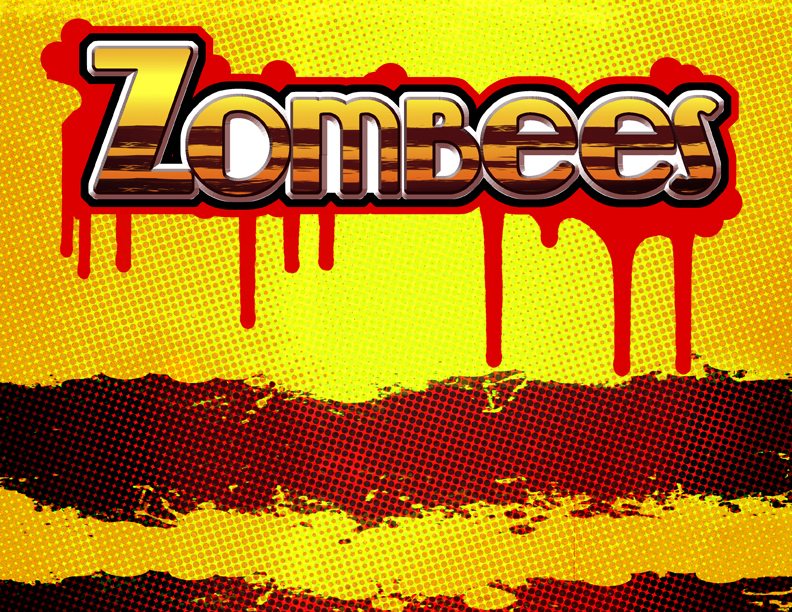
In any given hive, 20,000 to 60,000 bees swarm, going about their daily lives. In this particular hive, there are just as many bees, but the difference is, none of them are alive! ZOMBEES follows the daily antics of a group of undead bees and the hilarious (and gory) comedy that ensues.
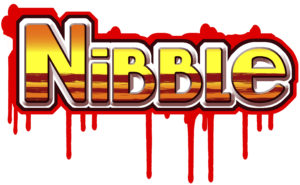
Affable and well-liked, Nibble is cursed with an insatiable appetite. Rarely seen without an insect hanging out of his mouth, he is the dreamer of the hive and wishes so much more for himself and his people.
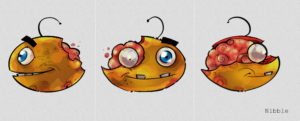
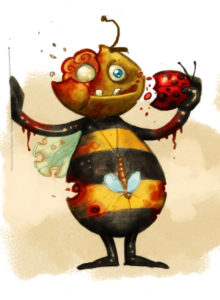
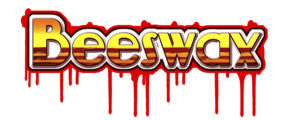
Nibble’s best friend, Beeswax is a dopey, forgetful bee who often gets Nibble and the rest of the hive into trouble.

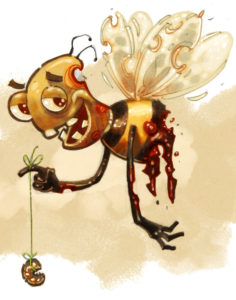
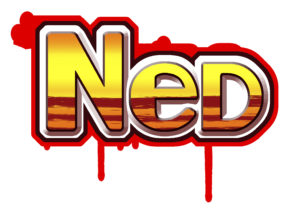
Constantly tinkering in his lab, Ned’s brain is the only part of his body that isn’t decaying. Smart and innovative, he is constantly working on new gadgets and inventions to forward the undead hive’s progress.
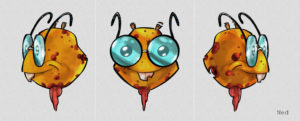
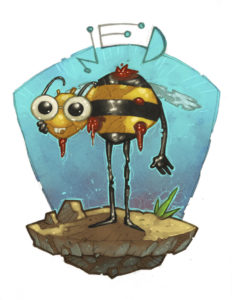
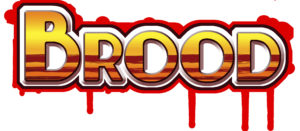
Prone to moments of impulsive violence, Brood is like the undead Hulk… if the Hulk were a bee who was unhappy having only one stinger and so he equipped himself with a dozen more.

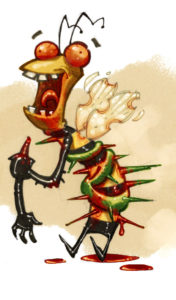

Ruling her hive with an iron mandible, Queen Nicot is the mother of all the bees within the hive and so the responsibility of keeping the zombees in line falls on her.
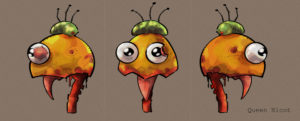
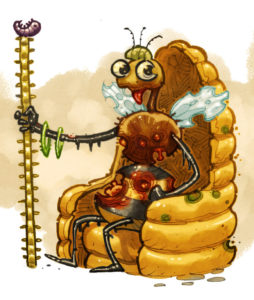
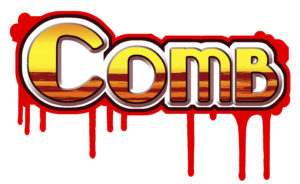
As sweet as the scalding hot honey that drips from her body, Comb is a new age zombee looking to spread the message of peace and love.
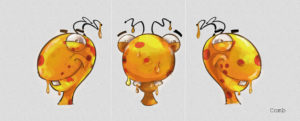
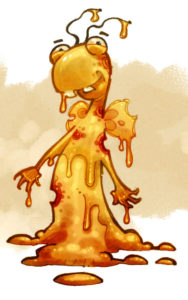
COME BACK TOMORROW FOR MORE ZOMBEES FIRST LOOKS!


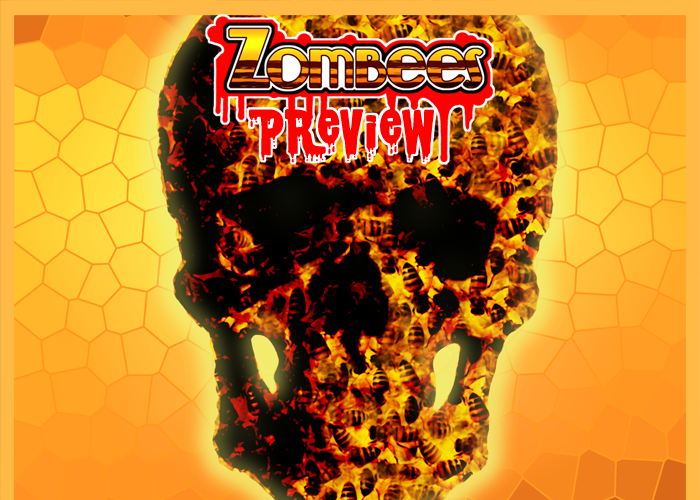
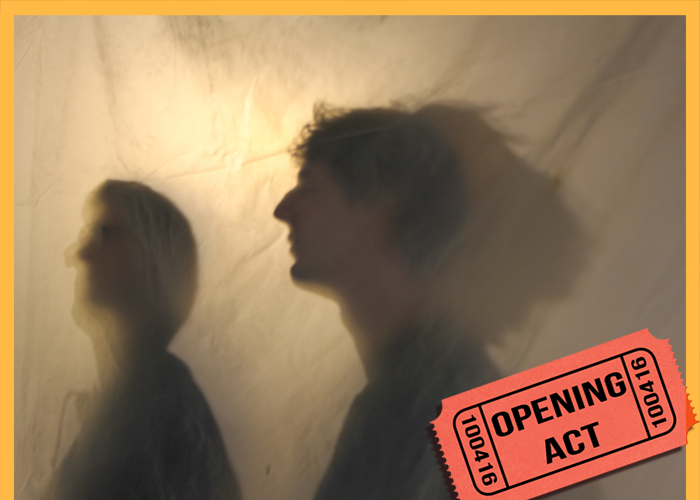
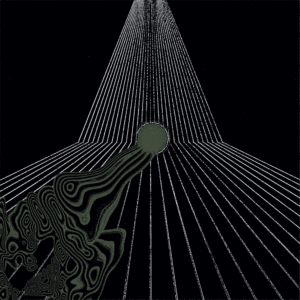 Artist/Band: White Suns
Artist/Band: White Suns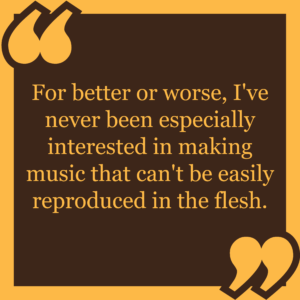
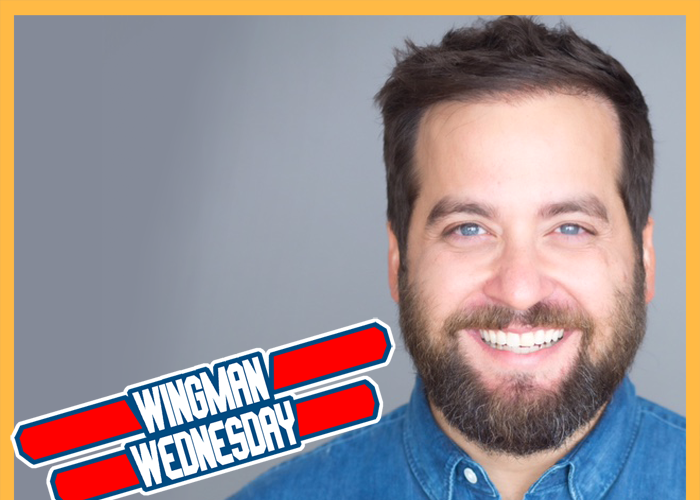
 He’s often the straight-faced everyman of the island in the TBS series “Wrecked” but Brian Sacca is so much more. With a warm comedic delivery that rivals that of John C. Reilly, he has the kind of impeccable timing that can elevate a joke and an entire scene. As a writer/producer who broke into the industry as part of the comedy duo Pete and Brian, the dual-threat of creativity has seen all sides of a joke, building the fundamentals (funnymentals?) for a long career of making audiences laugh.
He’s often the straight-faced everyman of the island in the TBS series “Wrecked” but Brian Sacca is so much more. With a warm comedic delivery that rivals that of John C. Reilly, he has the kind of impeccable timing that can elevate a joke and an entire scene. As a writer/producer who broke into the industry as part of the comedy duo Pete and Brian, the dual-threat of creativity has seen all sides of a joke, building the fundamentals (funnymentals?) for a long career of making audiences laugh.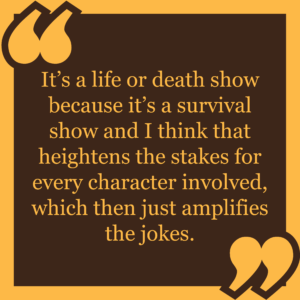 working right now.
working right now.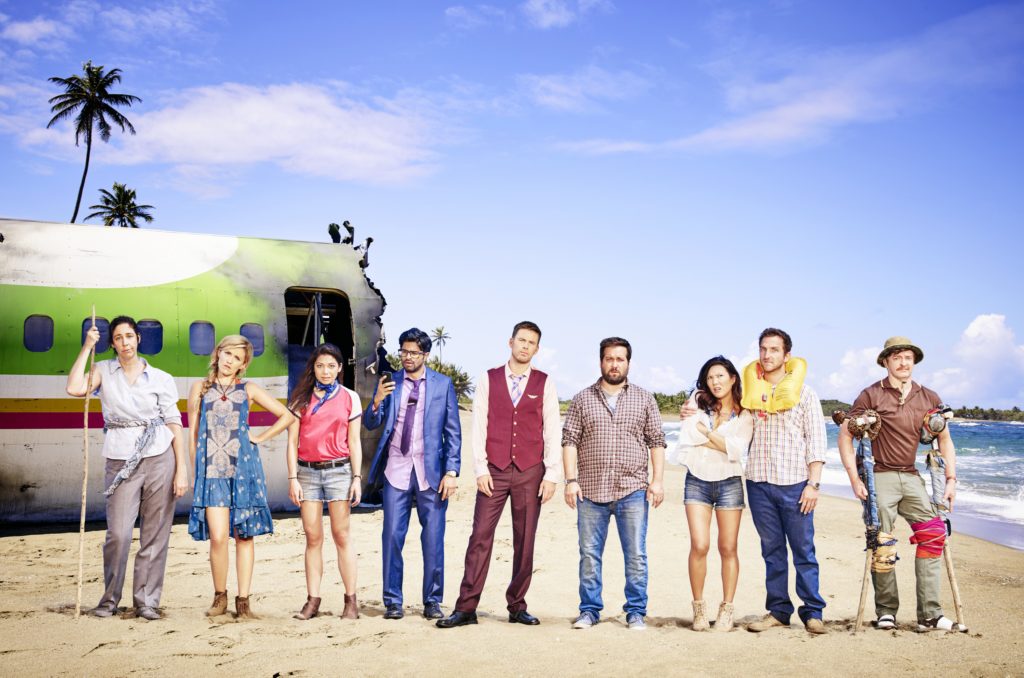
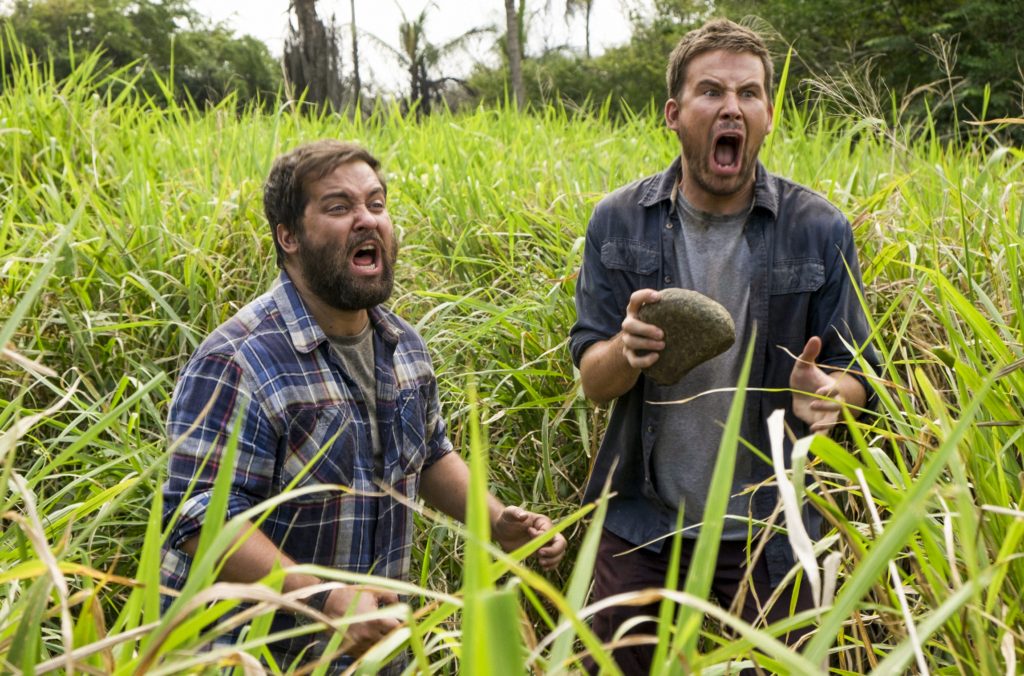
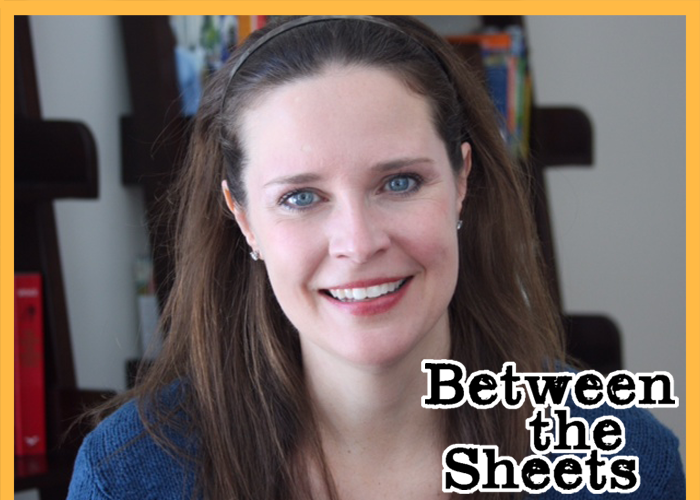
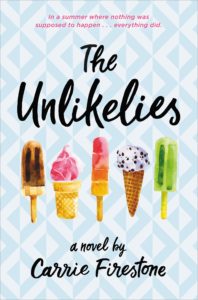 In our new feature, Between the Sheets, TrunkSpace picks the imaginative brains of authors to break down what it takes to create the various worlds and characters they breathe life into via the tools of their trade… sheets of paper. While technology continues to advance and change the pop culture landscape, the written word has remained one of the most consistent and imaginative art forms.
In our new feature, Between the Sheets, TrunkSpace picks the imaginative brains of authors to break down what it takes to create the various worlds and characters they breathe life into via the tools of their trade… sheets of paper. While technology continues to advance and change the pop culture landscape, the written word has remained one of the most consistent and imaginative art forms.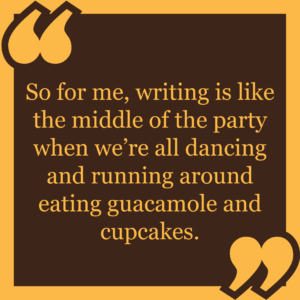 my characters illustrate that.
my characters illustrate that.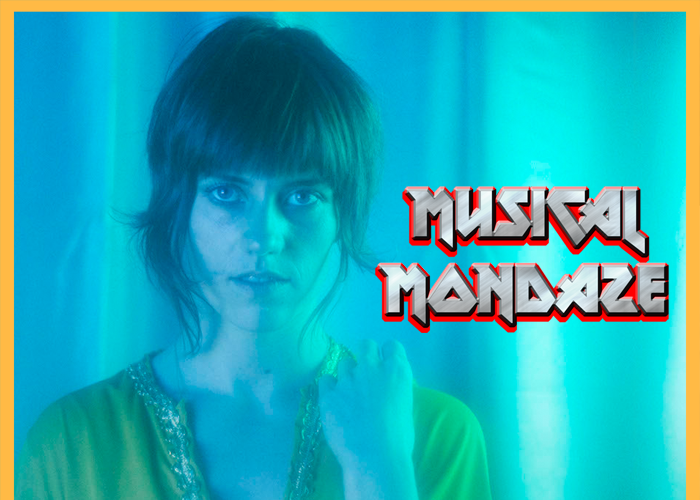
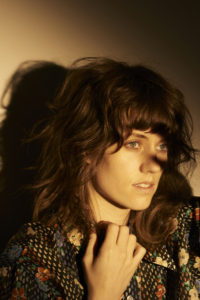
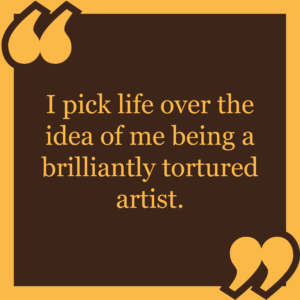 crossing over to England… we were on the highway and we hit a bit of traffic and all of a sudden these guys, like ten guys, just ran out into the middle of the highway and were pulling at the backs of trucks trying to get in and smuggle their way over. It was really strange. We weren’t listening to music or anything. It was just this weird silence of when something is happening but you don’t understand really what’s happening. And then I couldn’t really get that image out of my head the whole time. I don’t deal with, in a daily life, driving down the highway where I see people fighting for their lives.
crossing over to England… we were on the highway and we hit a bit of traffic and all of a sudden these guys, like ten guys, just ran out into the middle of the highway and were pulling at the backs of trucks trying to get in and smuggle their way over. It was really strange. We weren’t listening to music or anything. It was just this weird silence of when something is happening but you don’t understand really what’s happening. And then I couldn’t really get that image out of my head the whole time. I don’t deal with, in a daily life, driving down the highway where I see people fighting for their lives.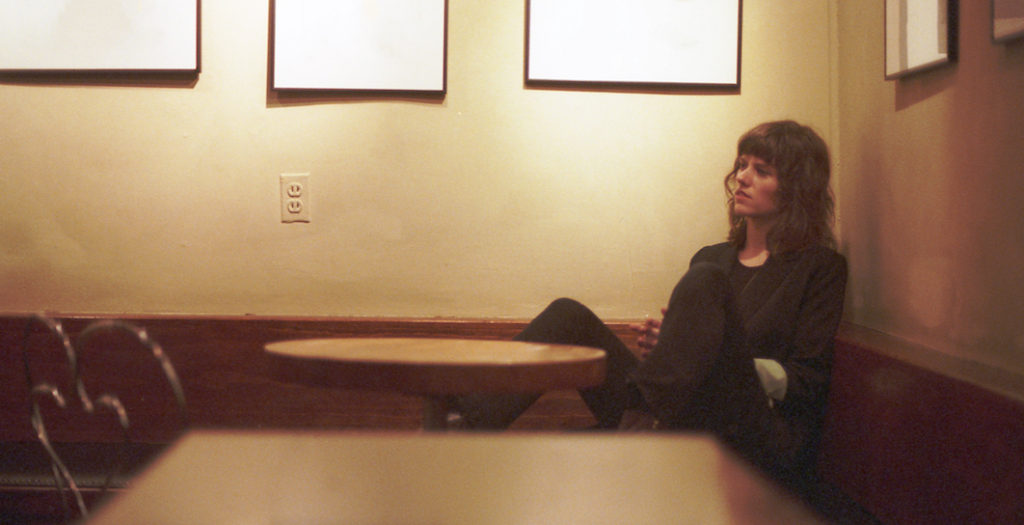
 TrunkSpace: A lot of times you hear songwriters say that happiness is a creative killer. Do you feel that applies to your music?
TrunkSpace: A lot of times you hear songwriters say that happiness is a creative killer. Do you feel that applies to your music?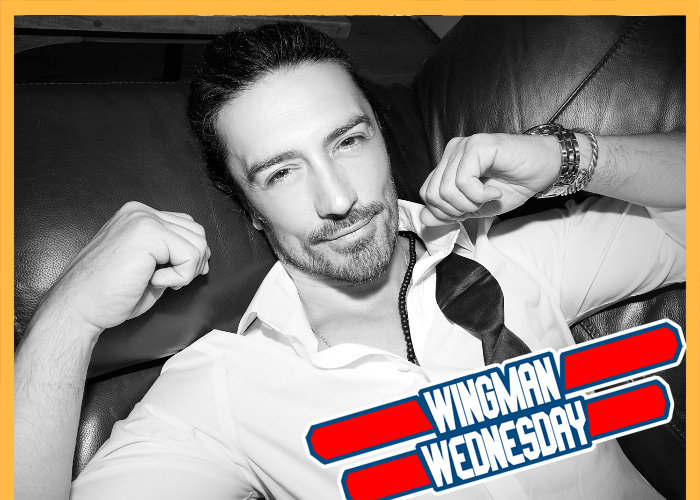
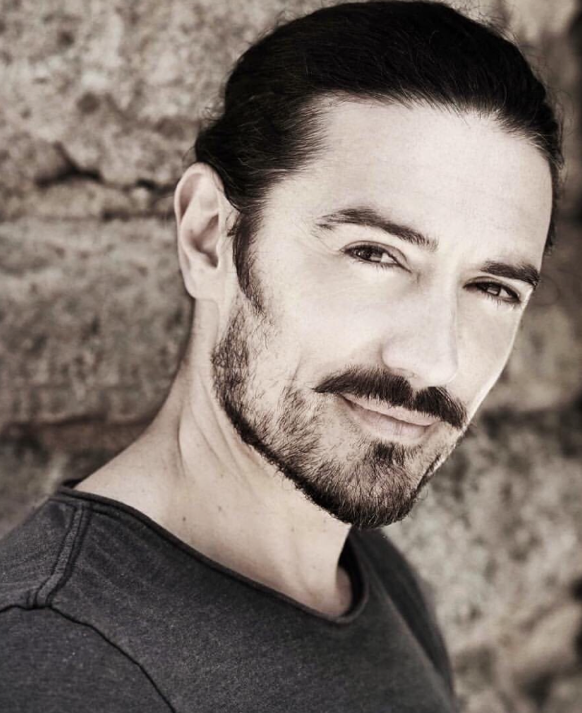

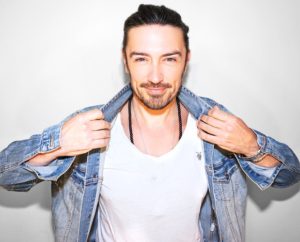 But that’s an interesting challenge for the actor because you have to come to work, as I hope one always would, very prepared. You have to be ready to deliver the goods almost instantaneously. And if you get a second take or a third take or a fourth take, if you’re lucky, you have a few ideas in mind to try things. You have to almost train like an athlete to do that type of acting.
But that’s an interesting challenge for the actor because you have to come to work, as I hope one always would, very prepared. You have to be ready to deliver the goods almost instantaneously. And if you get a second take or a third take or a fourth take, if you’re lucky, you have a few ideas in mind to try things. You have to almost train like an athlete to do that type of acting.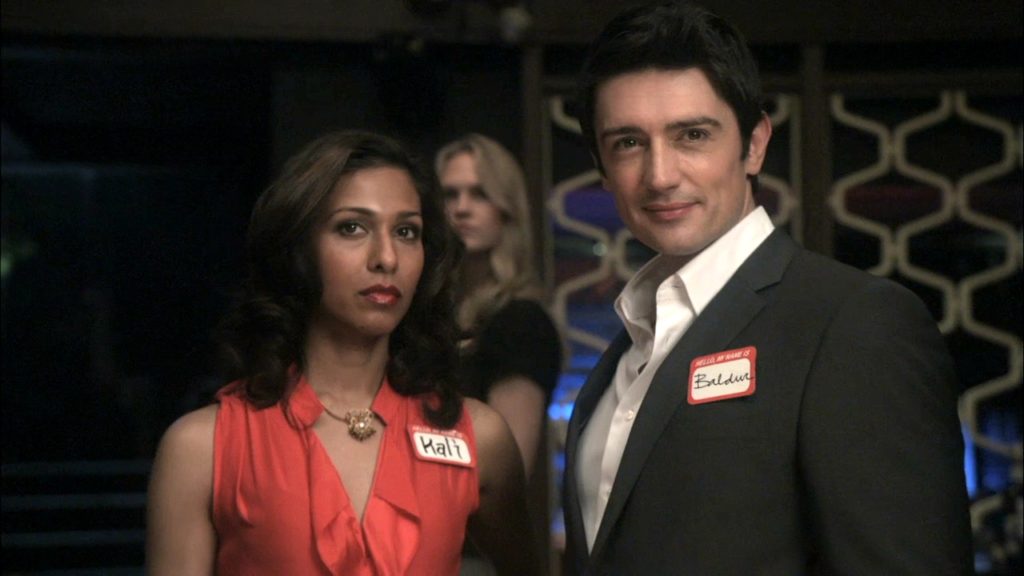

 Name: Viktoria Vinyarska
Name: Viktoria Vinyarska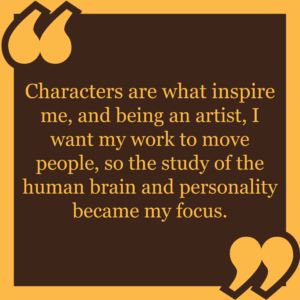 dive.
dive. TrunkSpace: What would you say is the greatest strength an actor/actress can have outside of acting ability itself?
TrunkSpace: What would you say is the greatest strength an actor/actress can have outside of acting ability itself?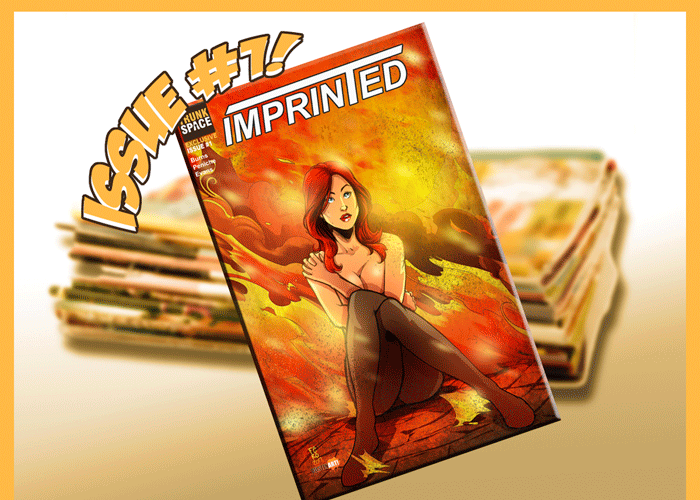
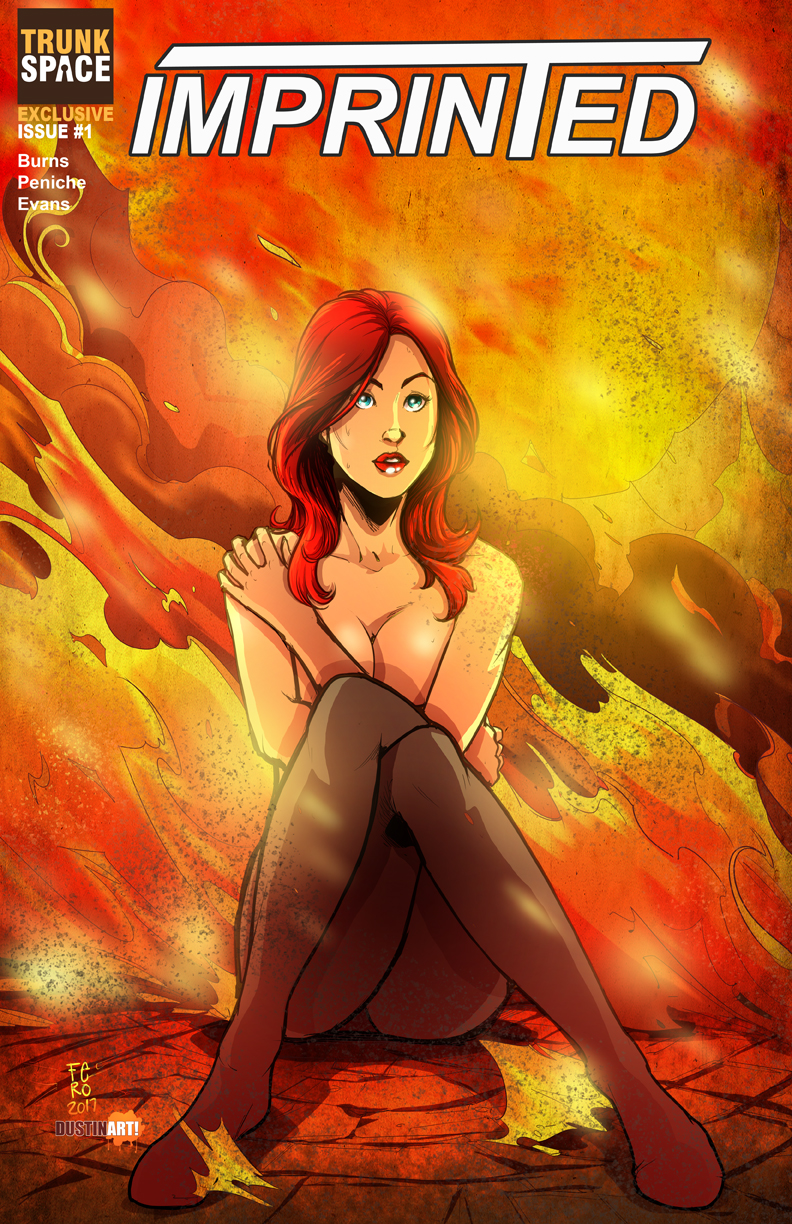
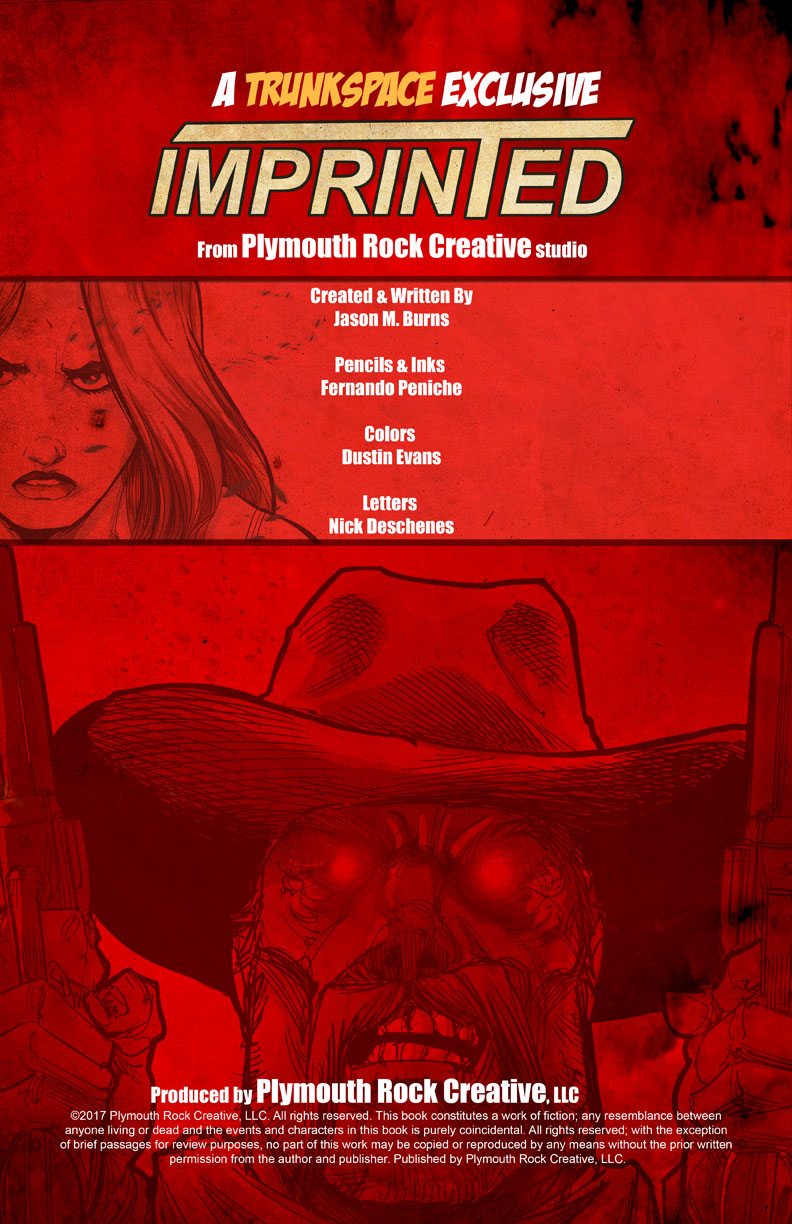
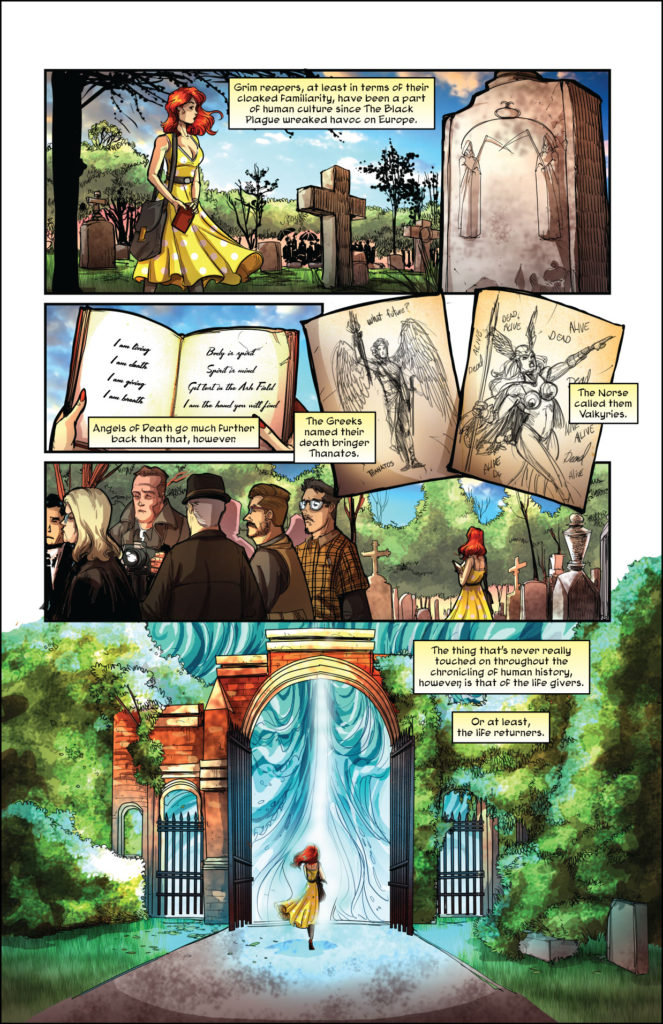
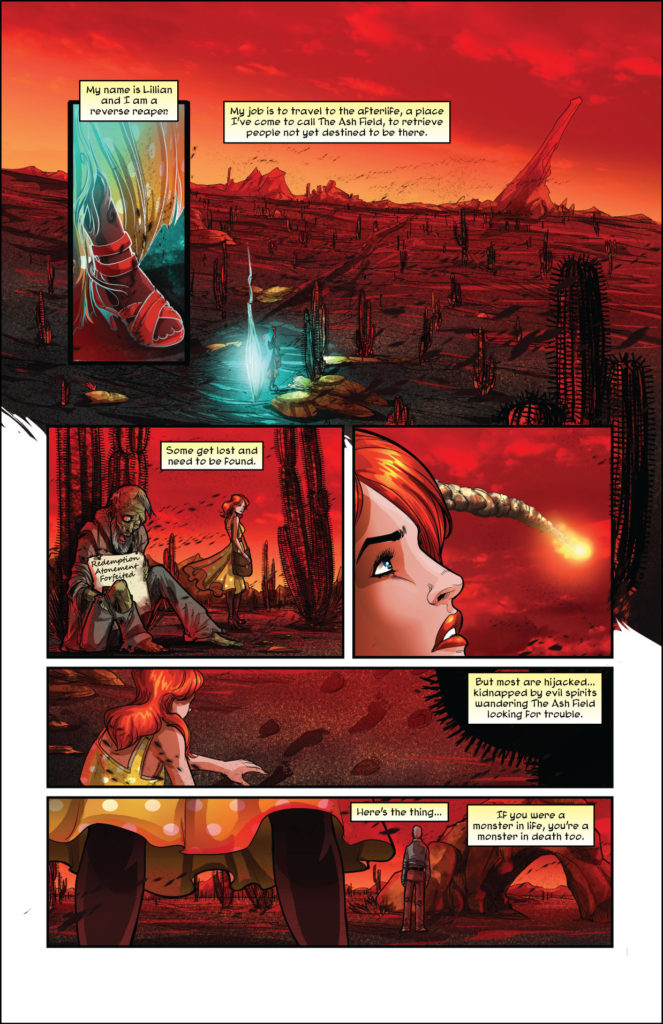
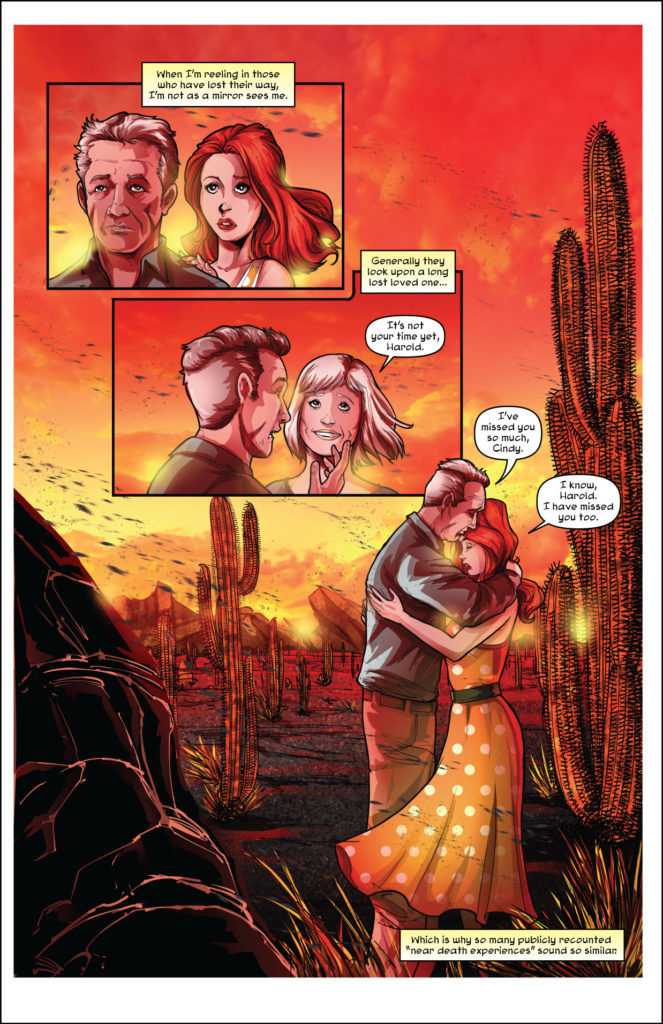
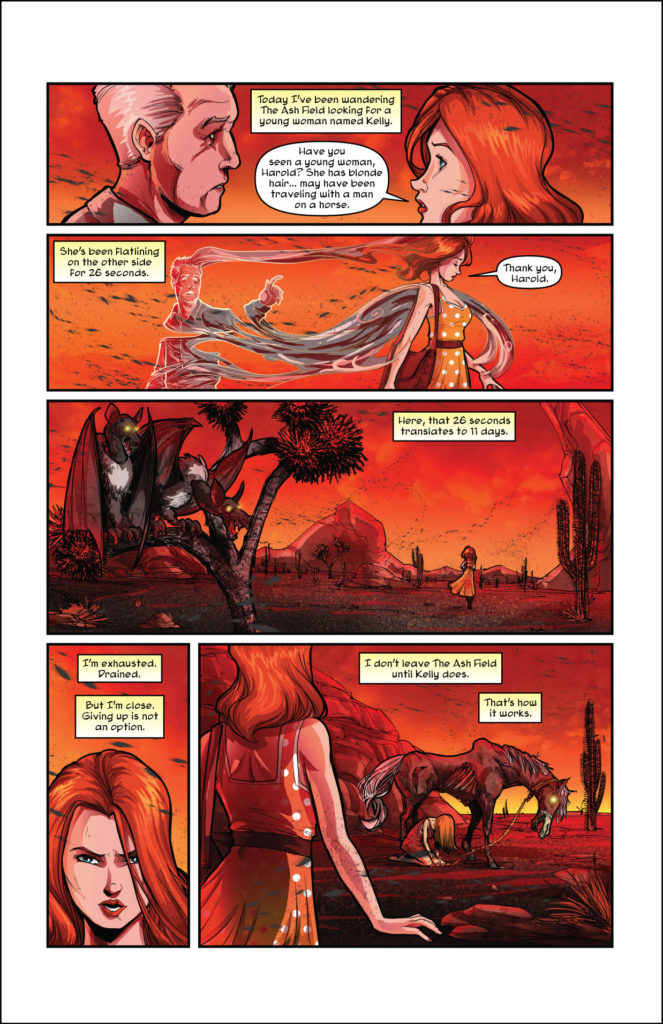
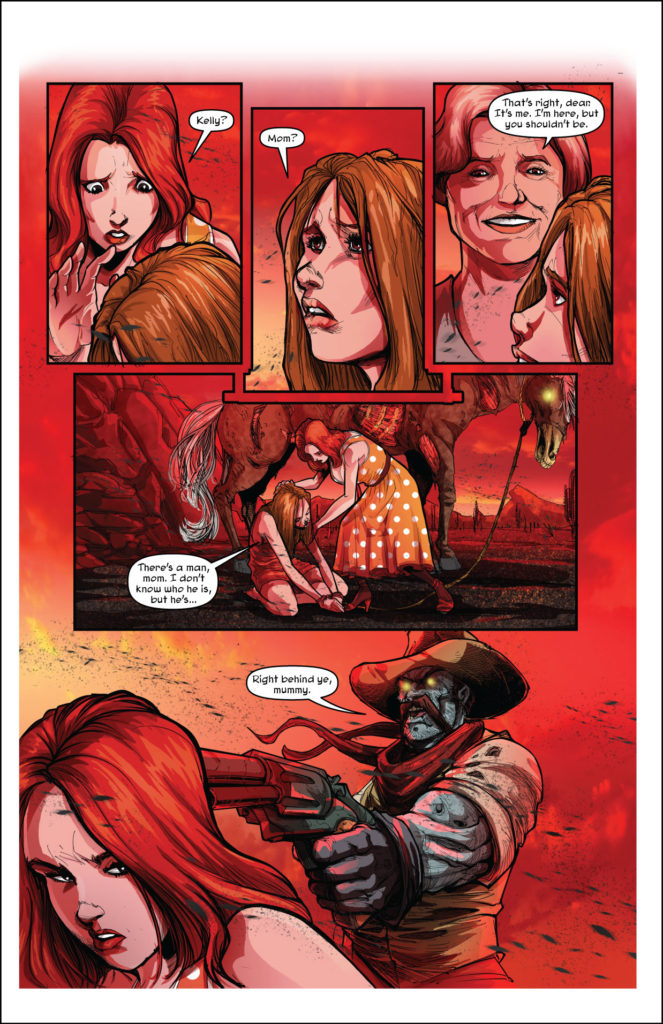
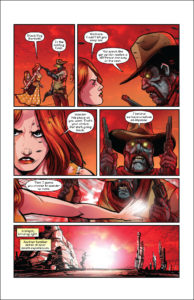
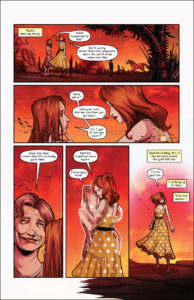
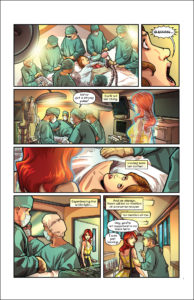
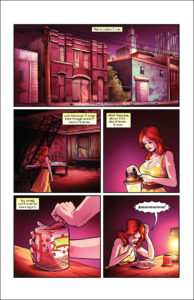
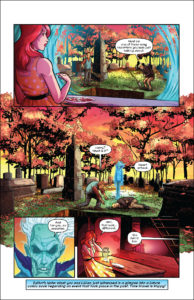
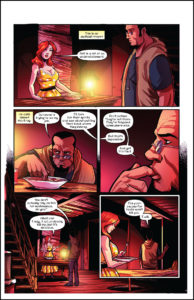
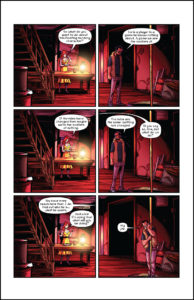
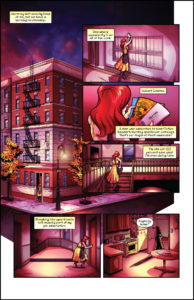
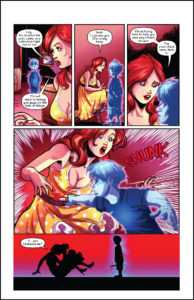
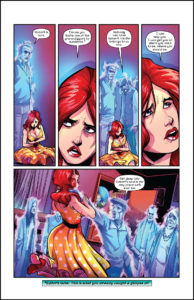
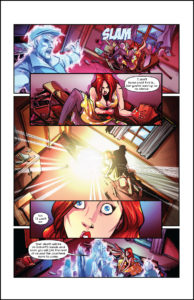
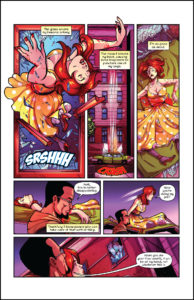
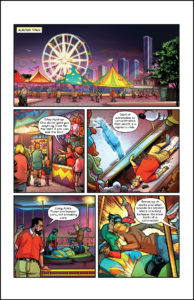
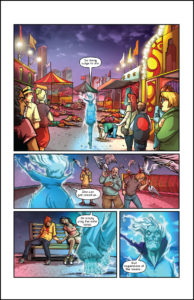
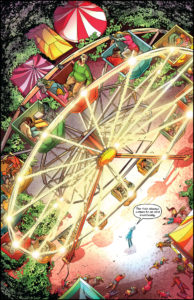
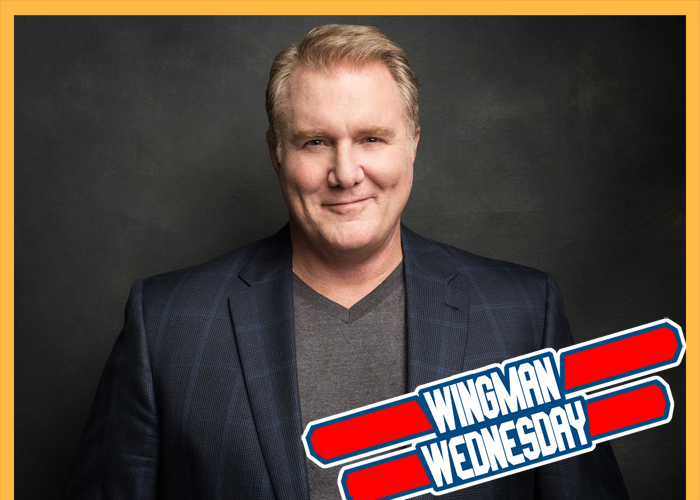
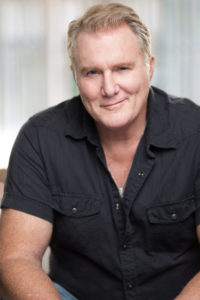
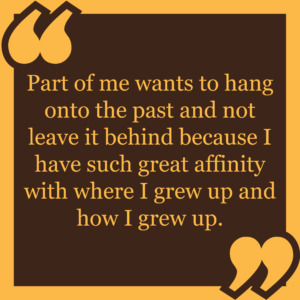 doing and what we’re seeing. If you watched “Cops” or all of these other shows we had on TV, you can’t have anything less exciting than that when you’re doing a cop show. People won’t watch it. It has to have those realistic elements and the drama behind it, the good storytelling, and the interesting characters. We kind of cross-pollinated.
doing and what we’re seeing. If you watched “Cops” or all of these other shows we had on TV, you can’t have anything less exciting than that when you’re doing a cop show. People won’t watch it. It has to have those realistic elements and the drama behind it, the good storytelling, and the interesting characters. We kind of cross-pollinated.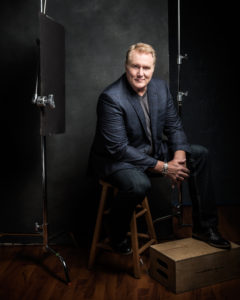
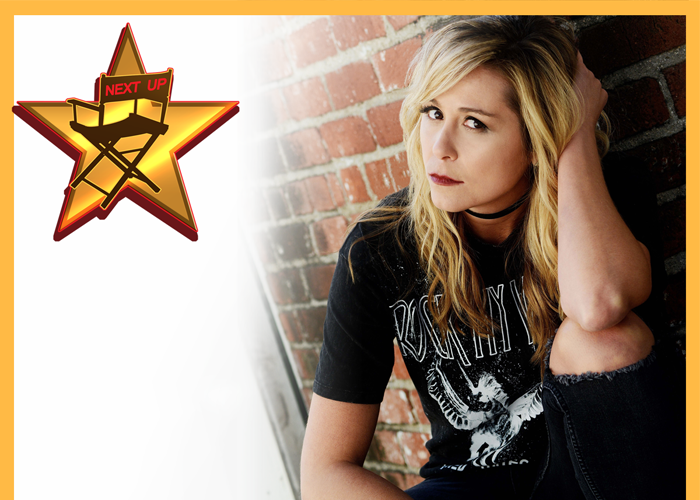
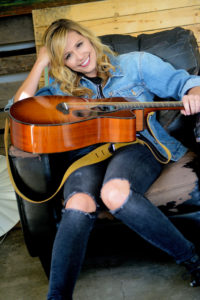 Name: Victoria Van Winkle
Name: Victoria Van Winkle 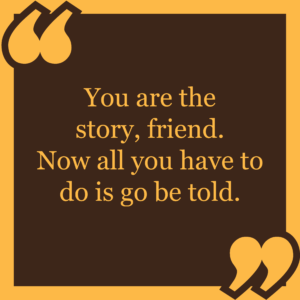 looking up schools on the west coast, applied to USC, and by the following semester I was in LA. I was 20 years old.
looking up schools on the west coast, applied to USC, and by the following semester I was in LA. I was 20 years old.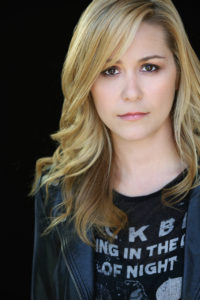 TrunkSpace: What would you say is the greatest strength an actor/actress can have outside of acting ability itself?
TrunkSpace: What would you say is the greatest strength an actor/actress can have outside of acting ability itself?